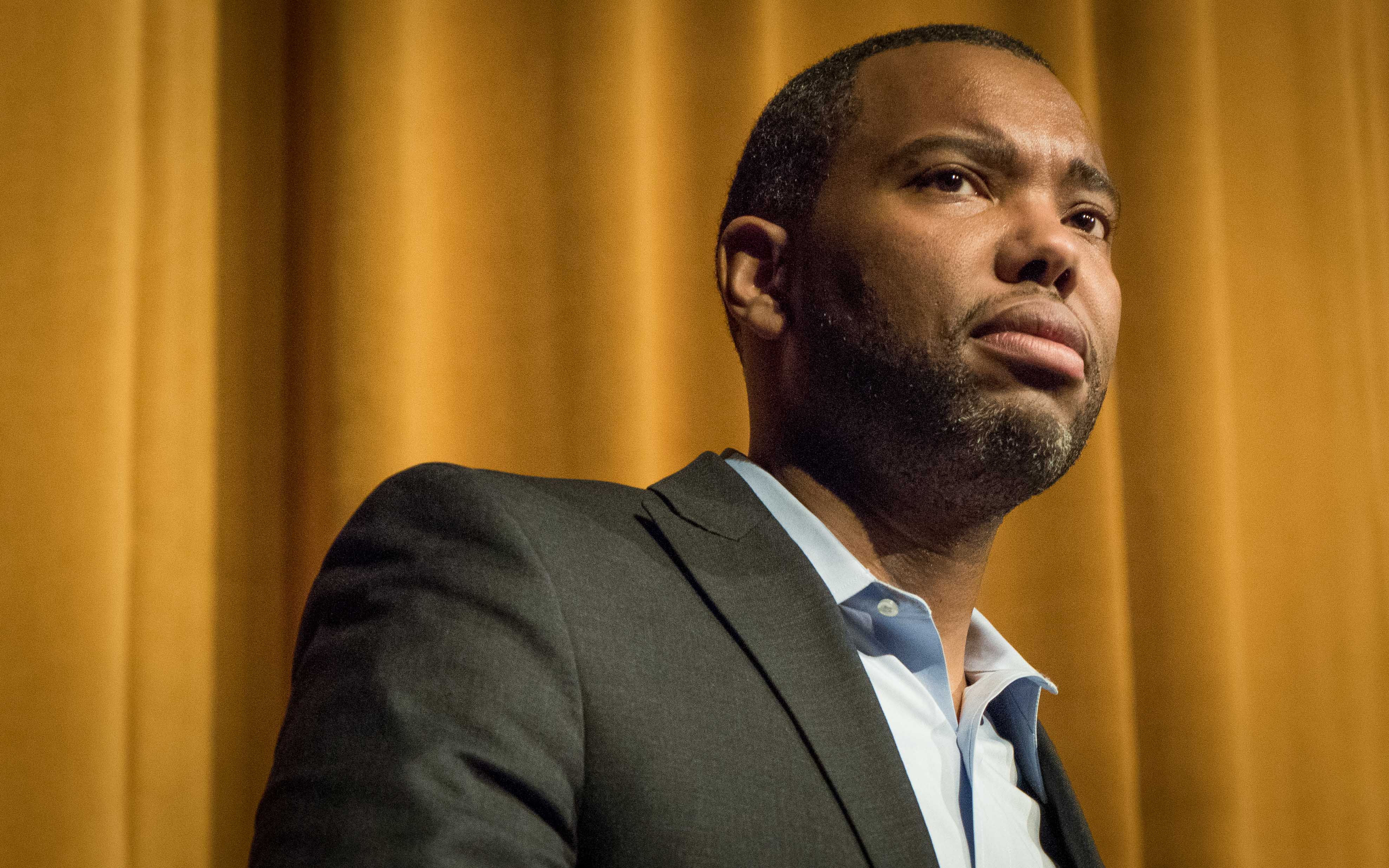October 13 1877 - August 21 1947 was an American politician who twice served as governor of Mississippi 1916-20 1928-32 and later was elected a US. Ta-Nehisi Coates - The Case for Reparations STUDY PLAY Reparations compensation for the harms that have been done to an individual or their ancestors Individual-Moral Question if an individual is harmed by an unjust racist policy or practice is that individual morally entitled to compensation proportional to the magnitude of the harm.

What Are Reparations And Should We Enact Them Anti Defamation League
Ta-Nehisi Coates whose 2014 article The Case for Reparations in The Atlantic rekindled the debate over reparations for.

. Ta-Nehisi Coates on Race Class and Reparations - The Atlantic Politics The Enduring Solidarity of Whiteness Black poverty is fundamentally distinct from white povertyand so cannot be addressed. From Oxford US English definition of reparations. According to the Ferguson Report how.
Coates uses this to draw a picture of American history that is under represented yet. Wealth is off limits. Coates use of the word is the first step in that sequence.
Two hundred fifty years of slavery. An American Tragedy that. My objection is that Coates and his fellow descendants of slaves are so deeply bound in the prison of victimhood that reparations will only make their own fetters worse allowing them to die another day and year and decade and maybe even a century confessing their servitude and feeling justified to live what they confess.
A Case for Reparations Part 1- Ta-nehisi Coates. For as long as I can remember the idea of paying reparations to African Americans has been the boogyman in any discussion of race. Why should using policy to fix it be unthinkable.
However completely ignoring the message of the eye-opening essay many say that the language that Coates uses to support his stance. How Racism Invented Race in America The Case for Reparations. Ta-Nehisi Coates on reparations by personperson It is as though we white America have run up a credit-card bill and having pledged to charge no more remain befuddled that the balance does not disappear.
The Case for Reparations Glossary Kleptocracy A government or society where corrupt leaders use their power to exploit others for their own benefit Lynching A form of terrorism in the South where Black people usually Black men would be accused of a crime beaten and then hanged without trial by white mobs. He is able to vividly describe the relentless hardship that many had to endure over years of non government protection while in slavery. A fear of ghosts has sometimes occupied the pages of.
A master of filibuster and scathing rhetoric a rough-and-tumble fighter in debate he made his name a synonym for white. The Case for Reparations Ta Nehisi Coates Answer the questions using the artic. In his essay The Case for Reparations Ta-Nehisi Coates delineates the current and past dilemma of African Americans and advocates for the utilization of reparations to amend and redress that serious historical injustice.
Does he think anti-poverty and affirmative action programs are enough. It has always been the awesome ghosts of history. Sixty years of separate but equal.
The Case for Reparations - The Atlantic. Using primary accounts and historical examples Coates traces the influence of racism from the foundation of American democracy through the Civil War era the inception of Jim Crow laws. Reparations The wealth gap between blacks and whites is the direct result of centuries of policy.
Ta-Nehisi Coates article The Case for Reparations is a powerful piece filled with carefully constructed thoughts criticisms and effective evidence. Ta-Nehisi Coates Goes There. As Ta-Nehisi Coates so eloquently states in his reply to David Frum The problem of reparations has never been practicality.
In his essay The Case for Reparations Ta-Nehisi Coates confronts the permeation of racial discrimination throughout American history and examines its lasting legacy in modern times. Why or why not. Answer the questions using the article The Case for Reparations.
Ta-Nehisi Coates writer-in-residence at New York University author of a number of books including We Were Eight Years in Power. Reparations as a concept involve analyzing and quantifying wrongs and assigning them some sort of value to repair the wrong. The proposal that African-Americans now should be compensated for wrongs done to African slaves more than a century and a half ago had seemed absurd to many.
How does Ta-Nehisi Coates define reparations in his essay. But reparations got a huge boost in June 2014 when African-American writer. Reparations is the idea that a group wronged in the past may be compensated by a monetary reward in the present.
Ta-Nehisi Coates discusses his article The Case for Reparations about whether America should make amends for slavery. Using any outside sources will result in a zero grade. Do not use outside sources.
I 3Why does Coates argue in favor of reparations. Ta-Nehisi Coates wanted the readers to visualize the incidents that commonly occurred through history and realize how America left African American families with Slavery scars. All answers must be completely in your own words that is paraphrased.
Ninety years of Jim Crow. Author Ta-Nehisi Coates told a House committee hearing on reparations that the effects of slavery can still be seen todayIf I injure you the injury persis. Meanwhile the most explicit definition of reparations that your piece offers is full acceptance of our collective biography and its consequences which suggests that a.
By The New York Times. Copying directly from or too. What episodes in American history does he emphasize in order to make his case other than just slavery.
The Case for Reparations. The making of amends for a wrong one has done by paying money to or otherwise helping those who have been wronged. The article The Case for Reparations presents itself with a commendable representation on how the need for reparations is essential when combined with the brutal history of slavery and progression of blacks in American Society after slavery.

Ta Nehisi Coates And A Generation Waking Up The New Yorker


0 Comments